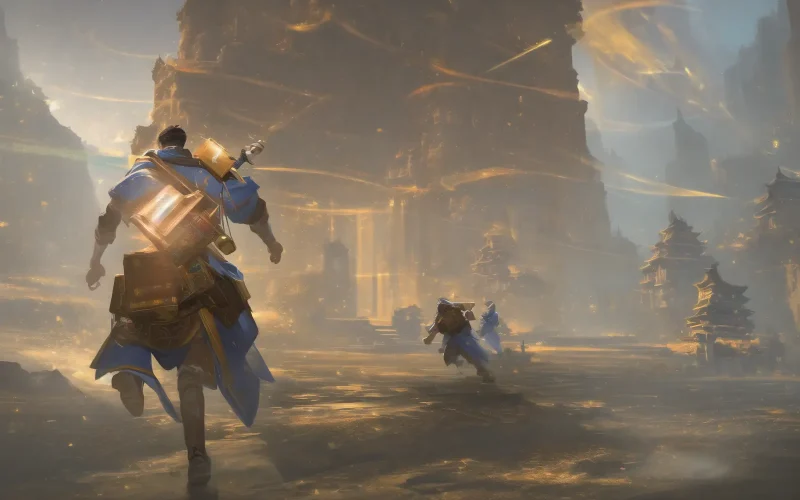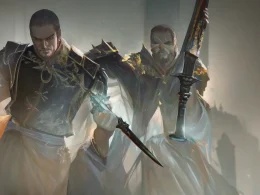Originally, it refers to being exhausted from running around under orders. Now it refers to being very tired from running around and coping with a lot of things, describing that one is so busy that one is exhausted.
Idiom Pronunciation:
疲于奔命
pí yú bēn mìng
Origin:
春秋·左丘明《左传·成公七年》:巫臣自晋遗二子书,曰:“尔以谗慝贪婪事君,而多杀不辜,余必使尔罢于奔命以死!”
Story:
During the Spring and Autumn Period in China, when the state of Chu defeated Song, the general Zi Chong took the credit and asked the king of Chu to give him two places in the north as a reward, but the minister Shen Gong Wuchen strongly opposed. Another minister, Zi Chu, wanted to marry the beautiful Xia Ji, but Wuchen said that Xia Ji had a bad fate and could not marry her, but later Wuchen married Xia Ji and fled to Jin with her. In this way, both Zi Chong and Zi Zi Anti hated Wuchen very much.
In order to take revenge, Zi Chong and Zi Wei joined hands to kill Wuchen's family and divide their properties and concubines. When Wuchen learned of this news, he sent a letter to both Zi Chong and Zi Anti. The letter read: "You two villains, you are so hateful! I will make sure that you will be ordered to run and die of exhaustion!
In order to fulfill his promise, Wuchen brought some chariots and soldiers to the backward state of Wu and helped the Wu army train to drive and shoot arrows. Under Wuchen's training, the army of Wu gradually became stronger. The army of Wu then continued to attack the eastern vassal states of Chu one by one, and incorporated them into the territory of Wu. In this way, the urgent documents were often sent to the capital of Chu. Whenever the king of Chu received an urgent report, he always sent Zi Chong and Zi Wei with his troops to rescue him. They had just returned from one battle, and before they could get any rest, they were ordered to send troops to settle another battle. In the course of a year, they led their armies back and forth as many as seven times and were exhausted. Wuchen achieved the purpose of revenge.
Similar Idioms:
- 马不停蹄












